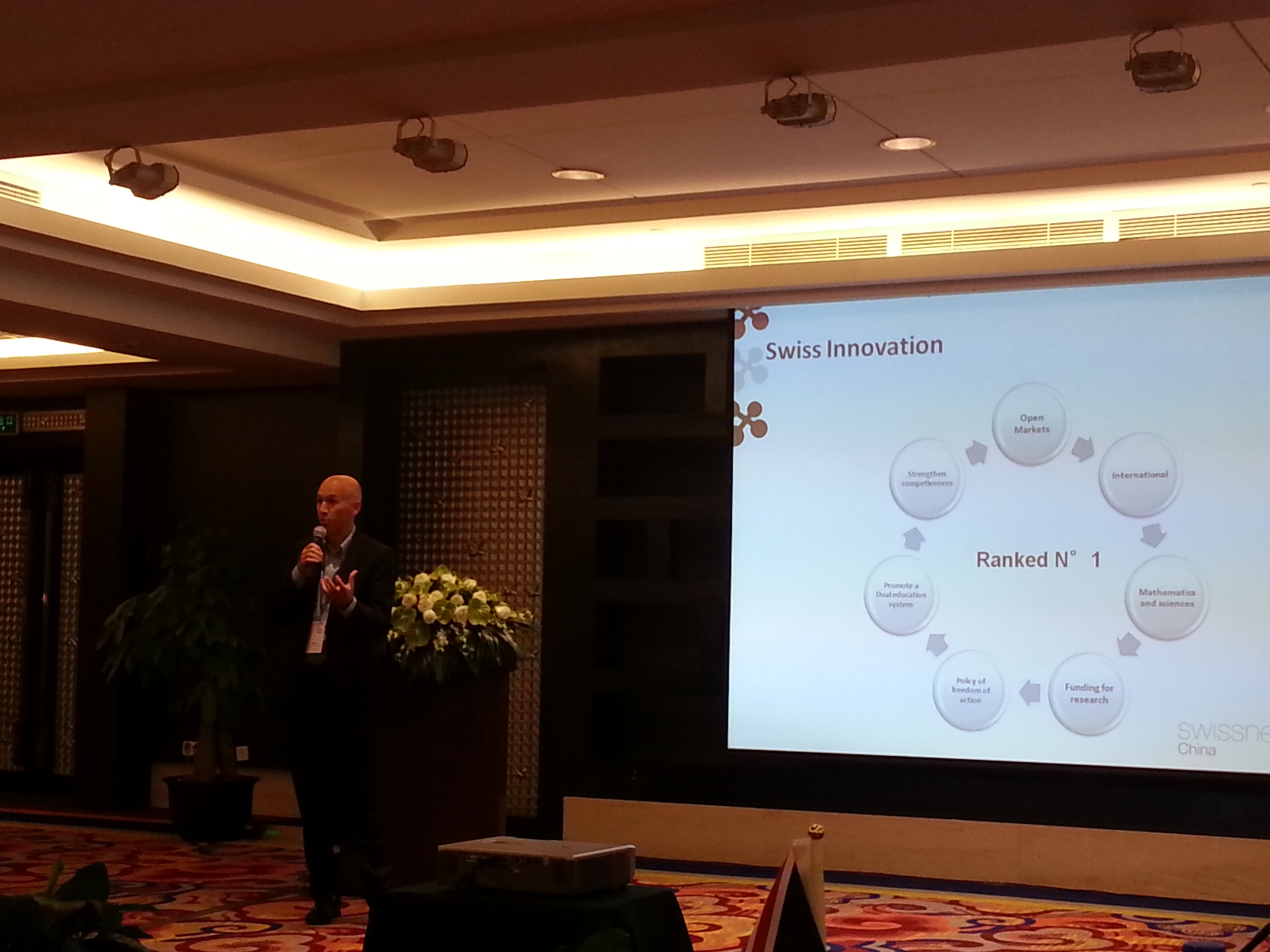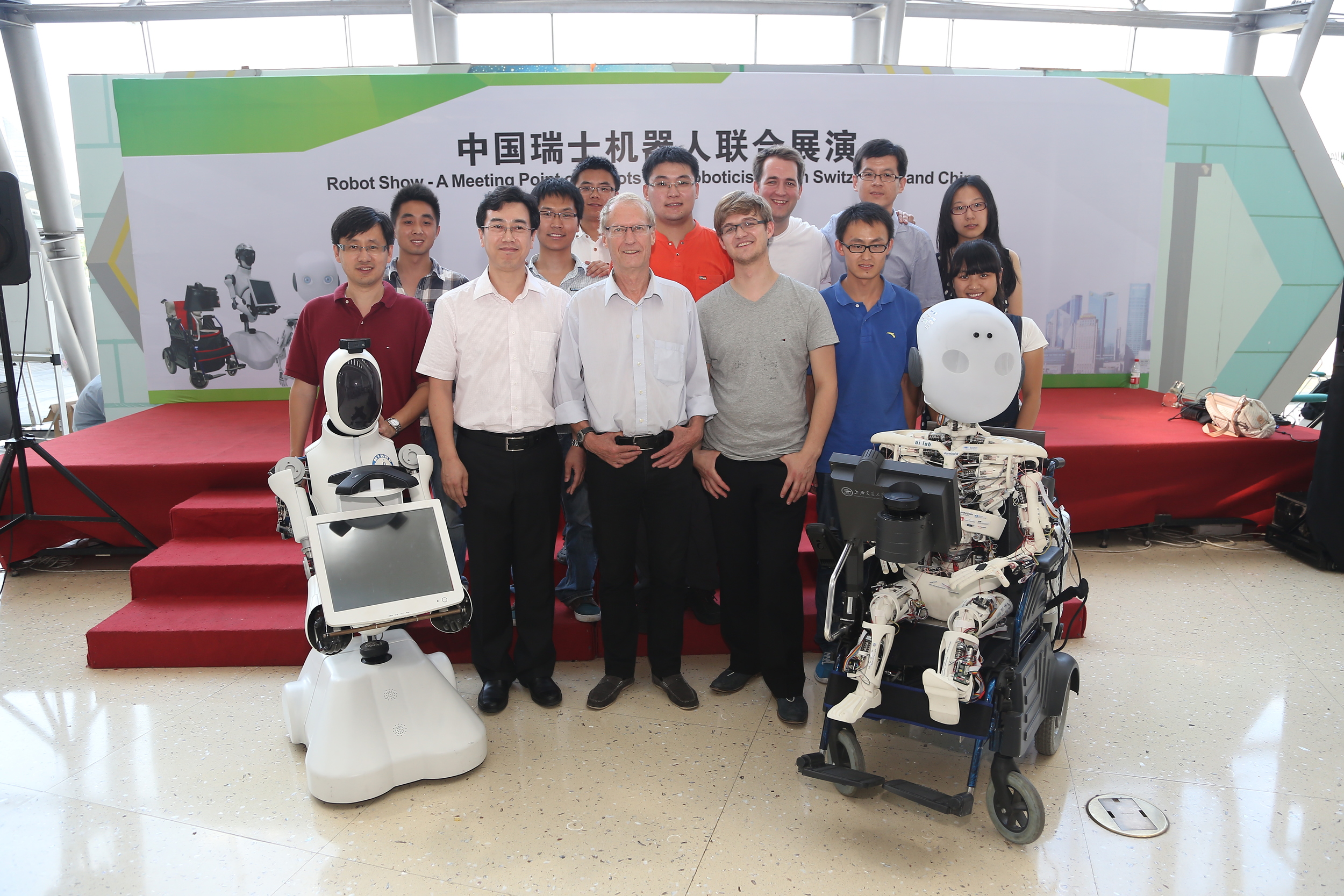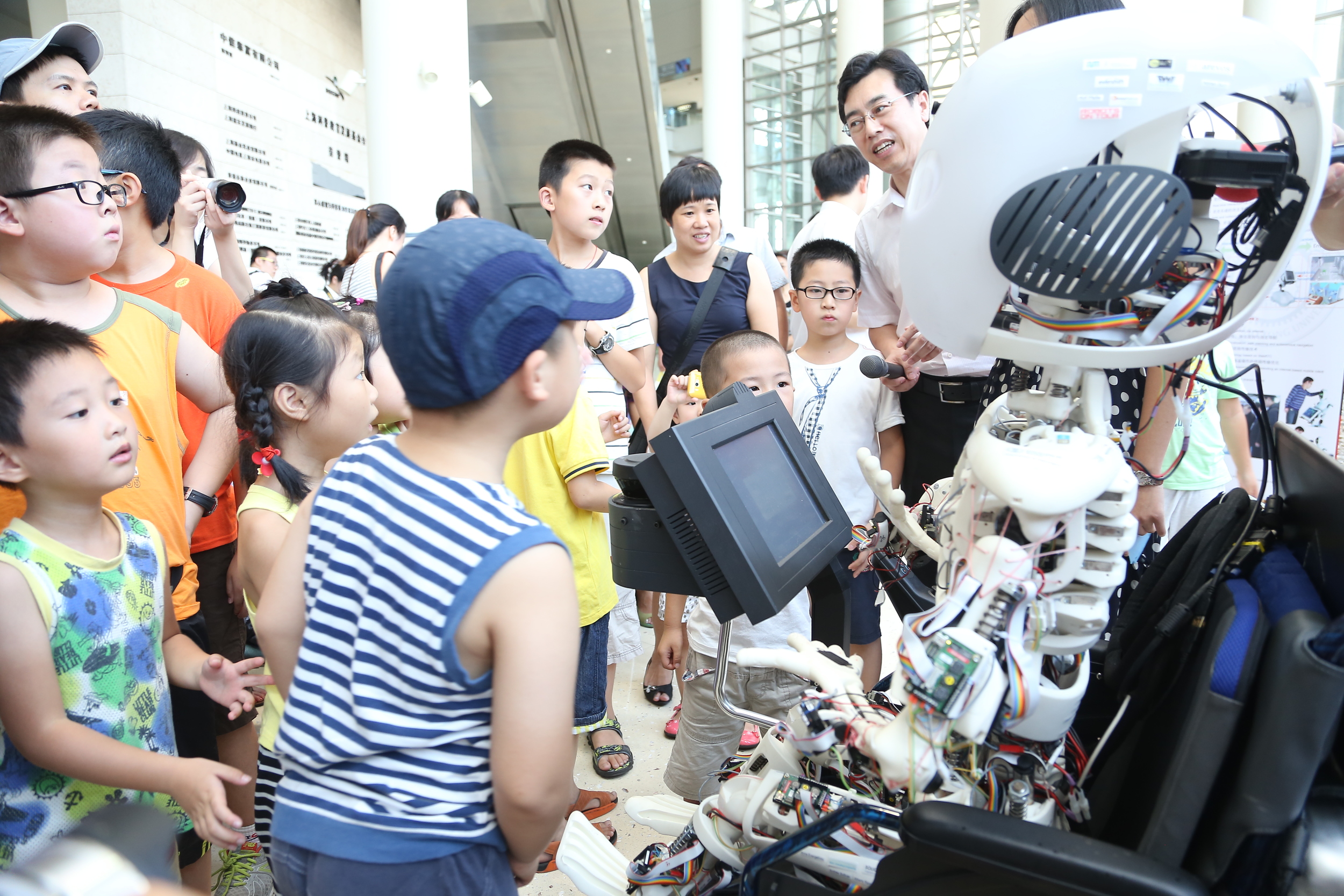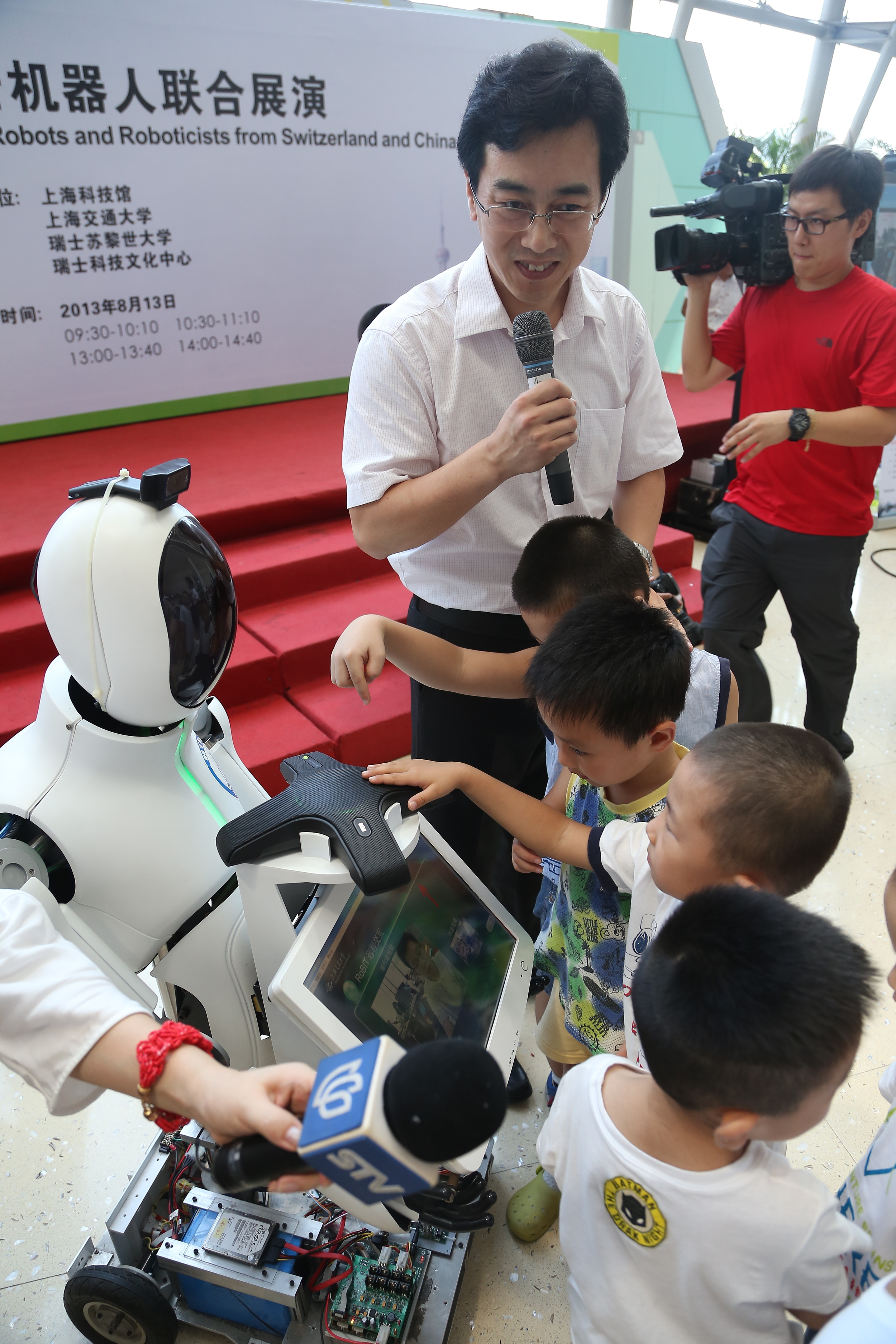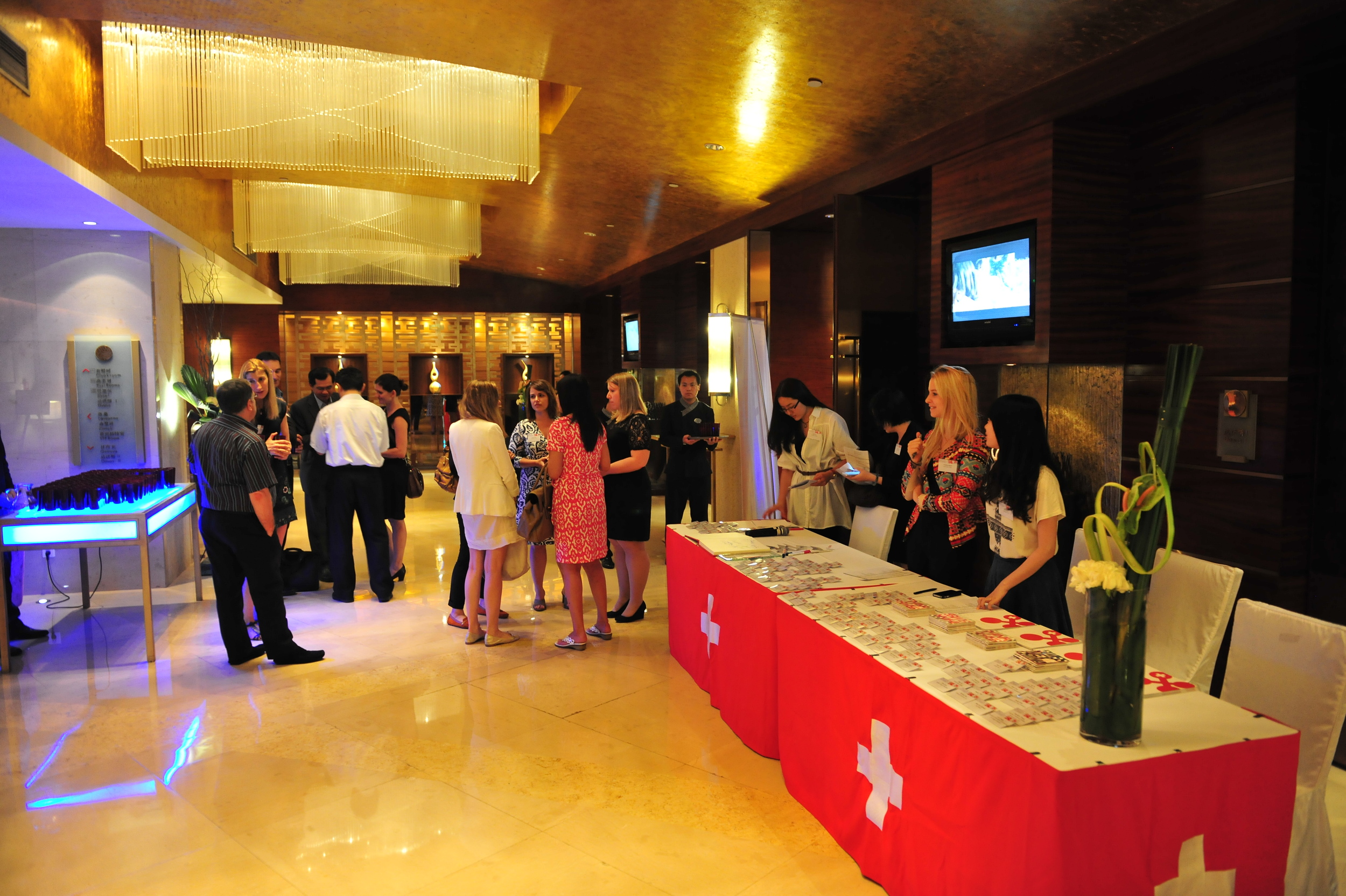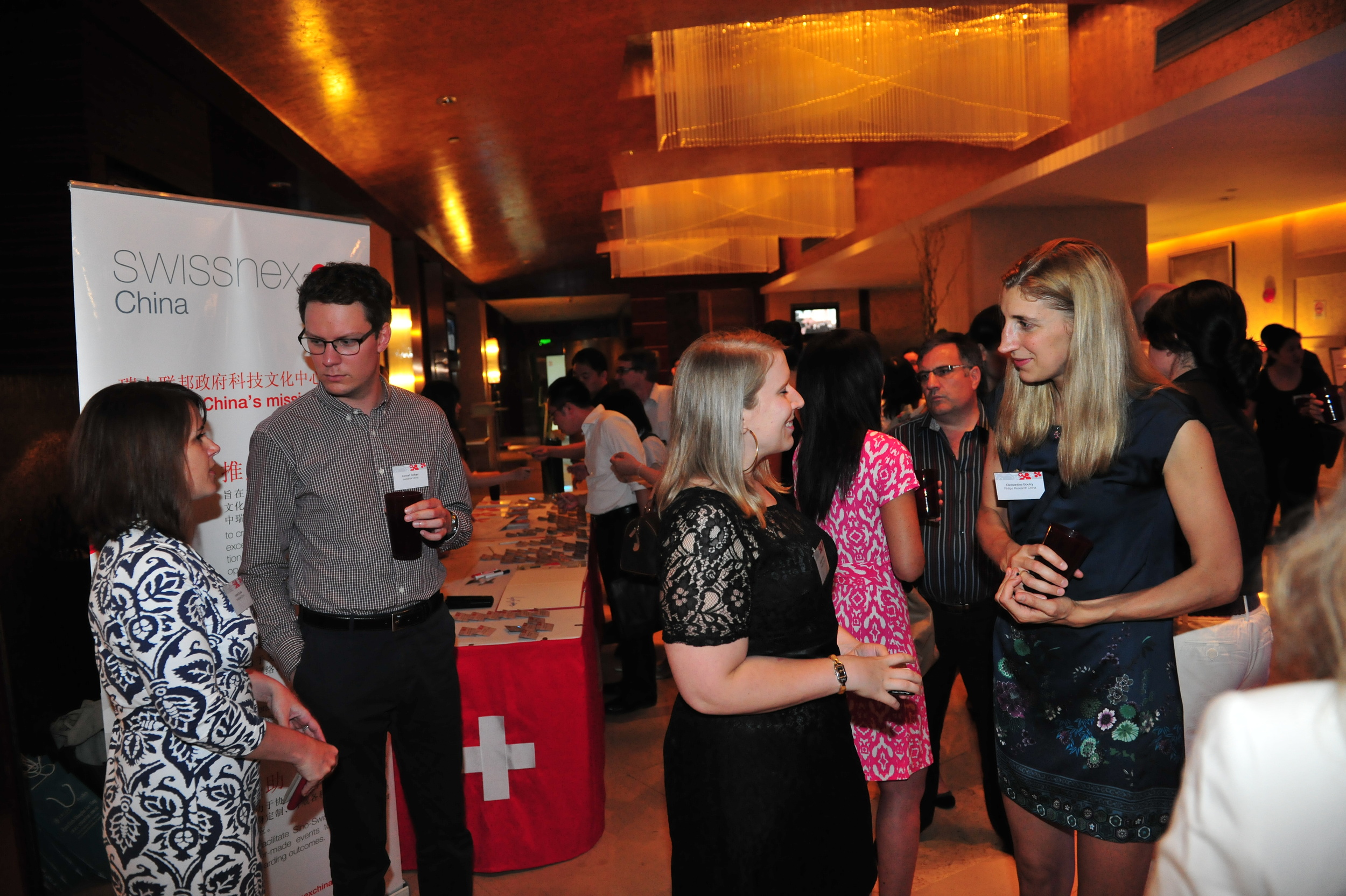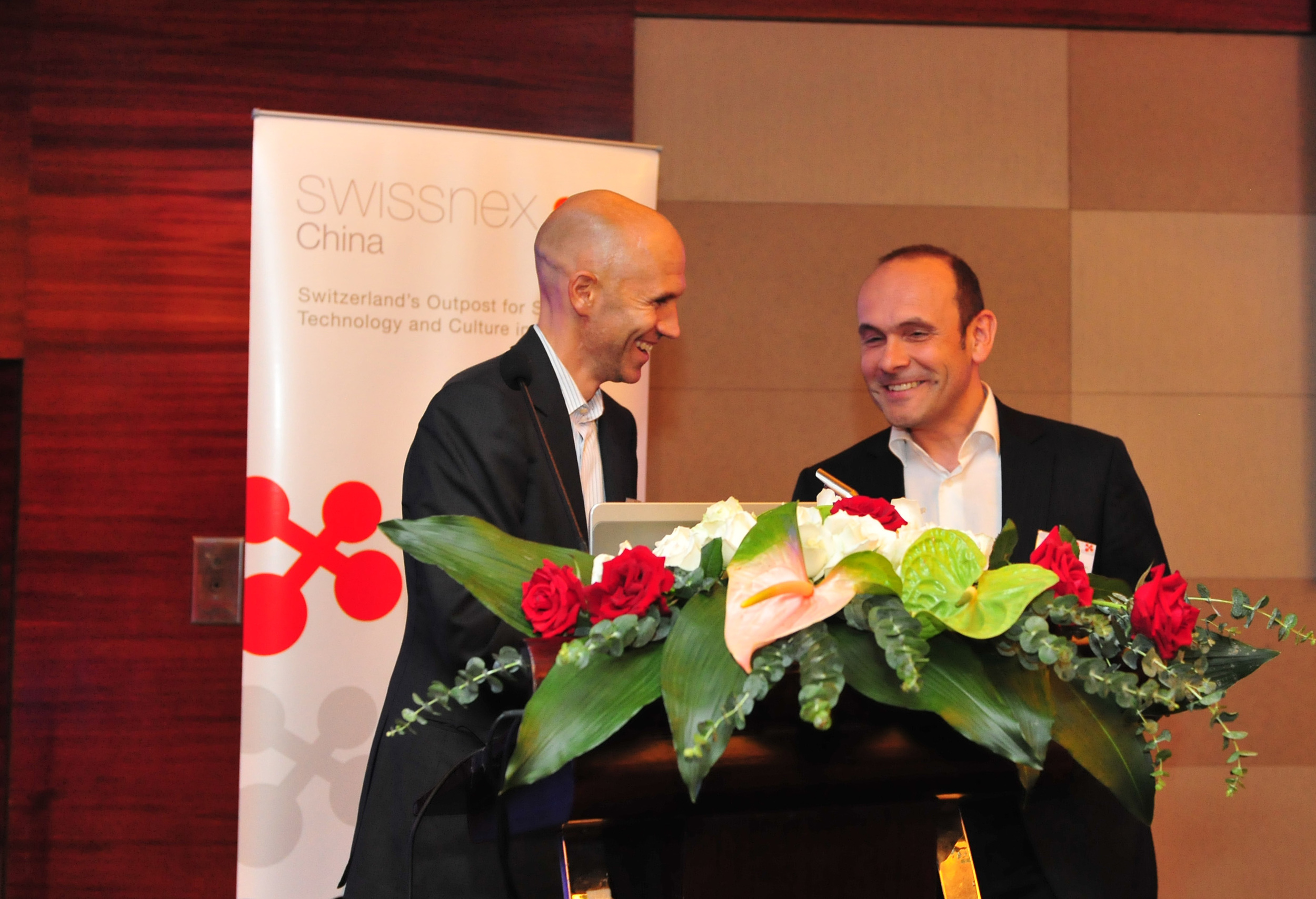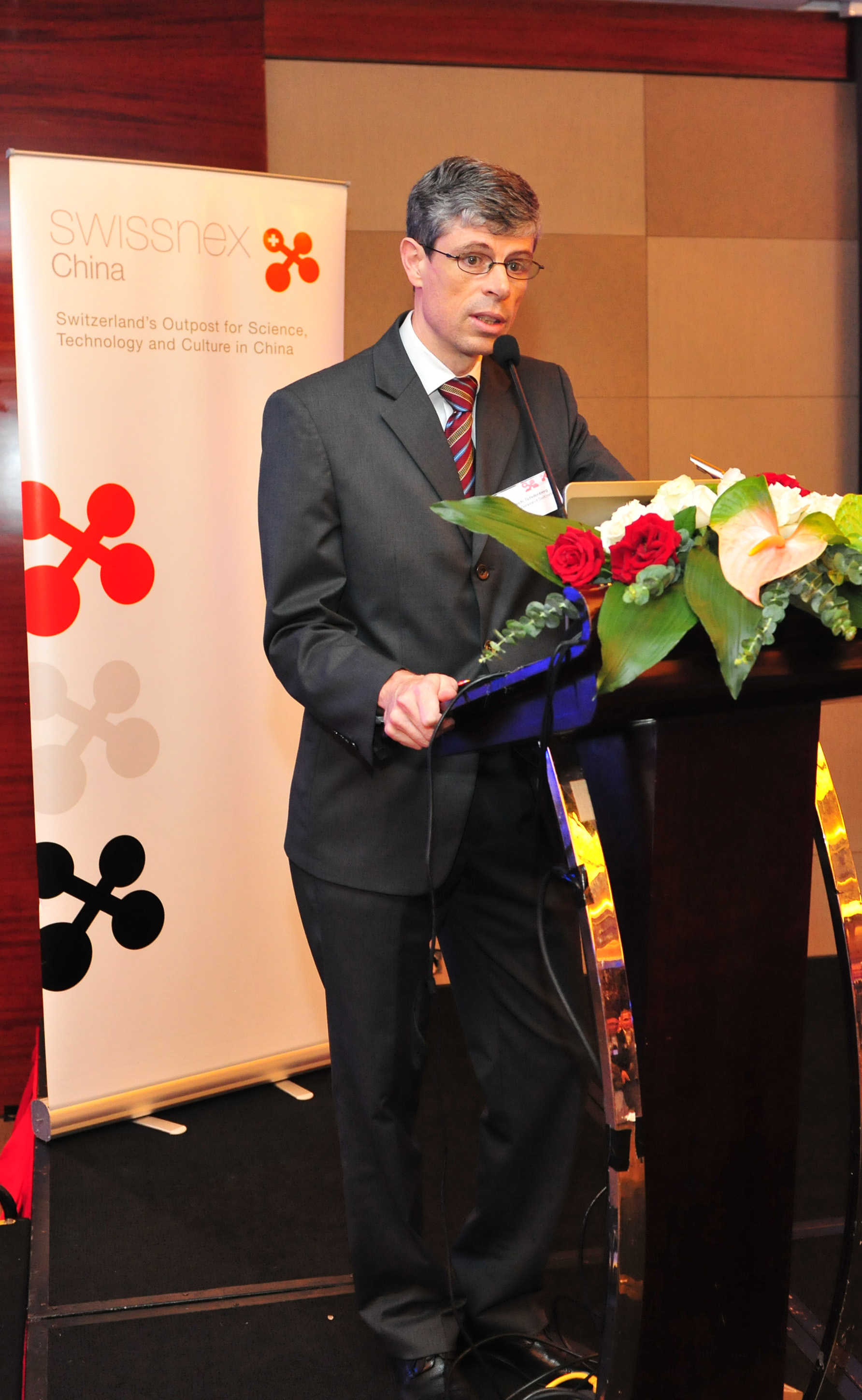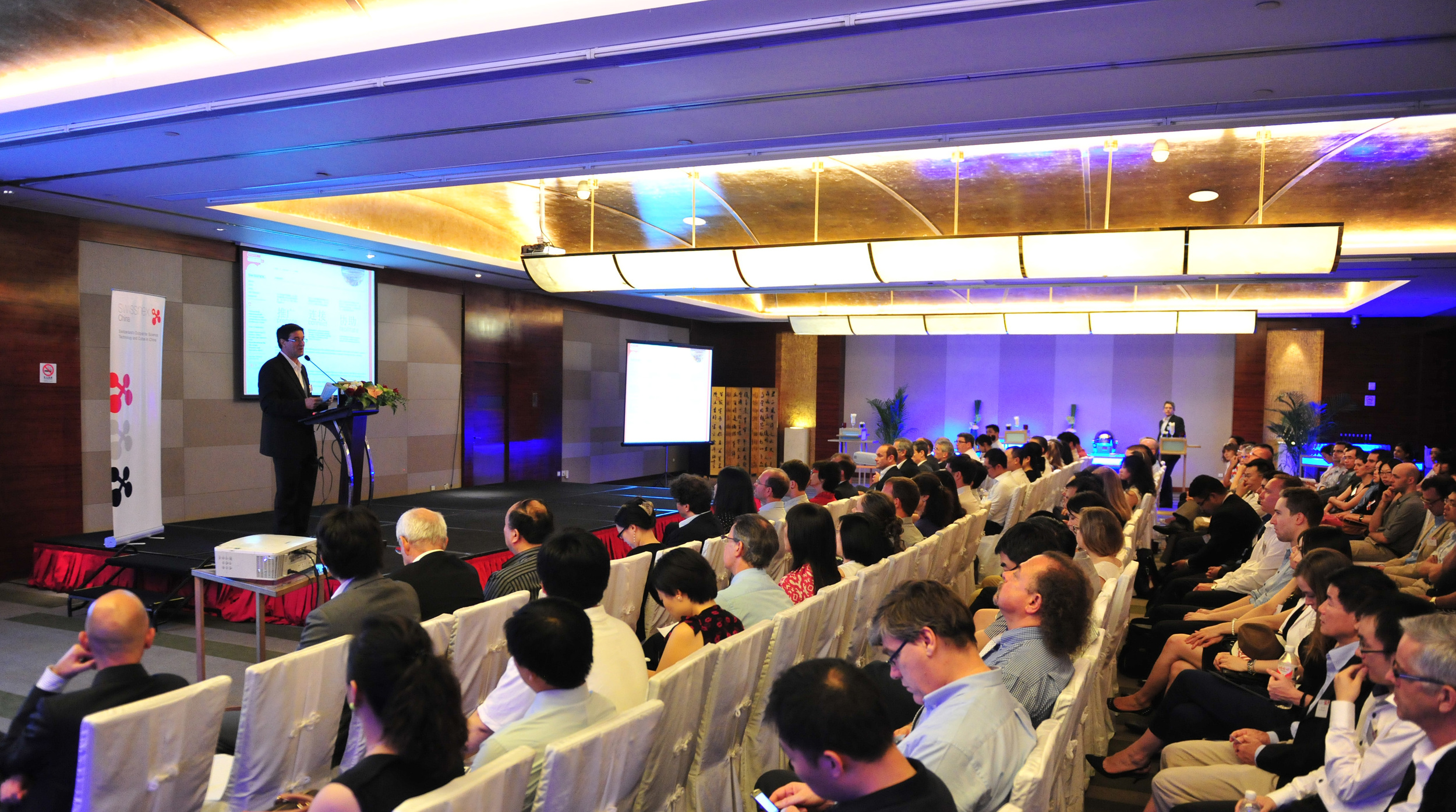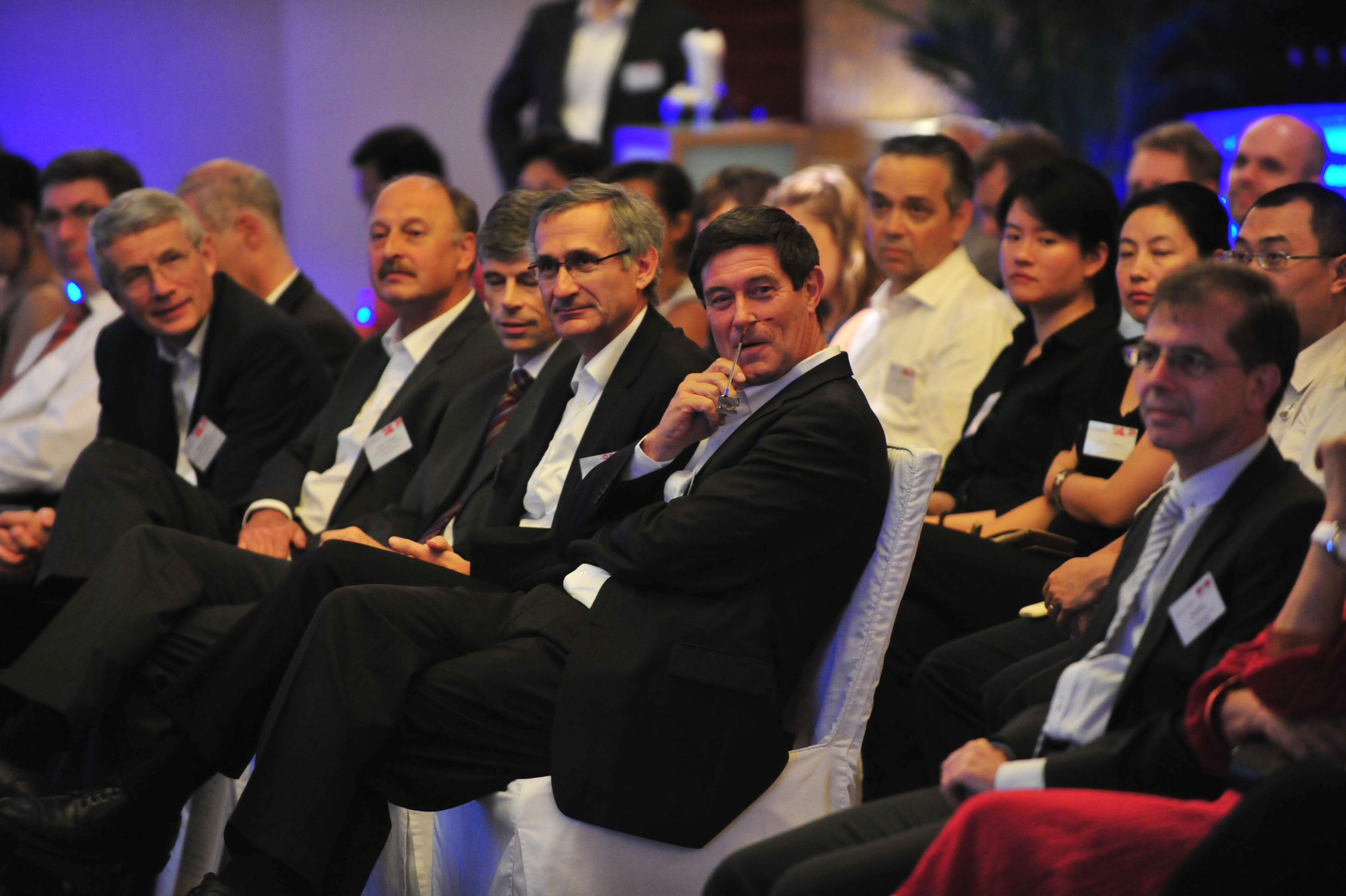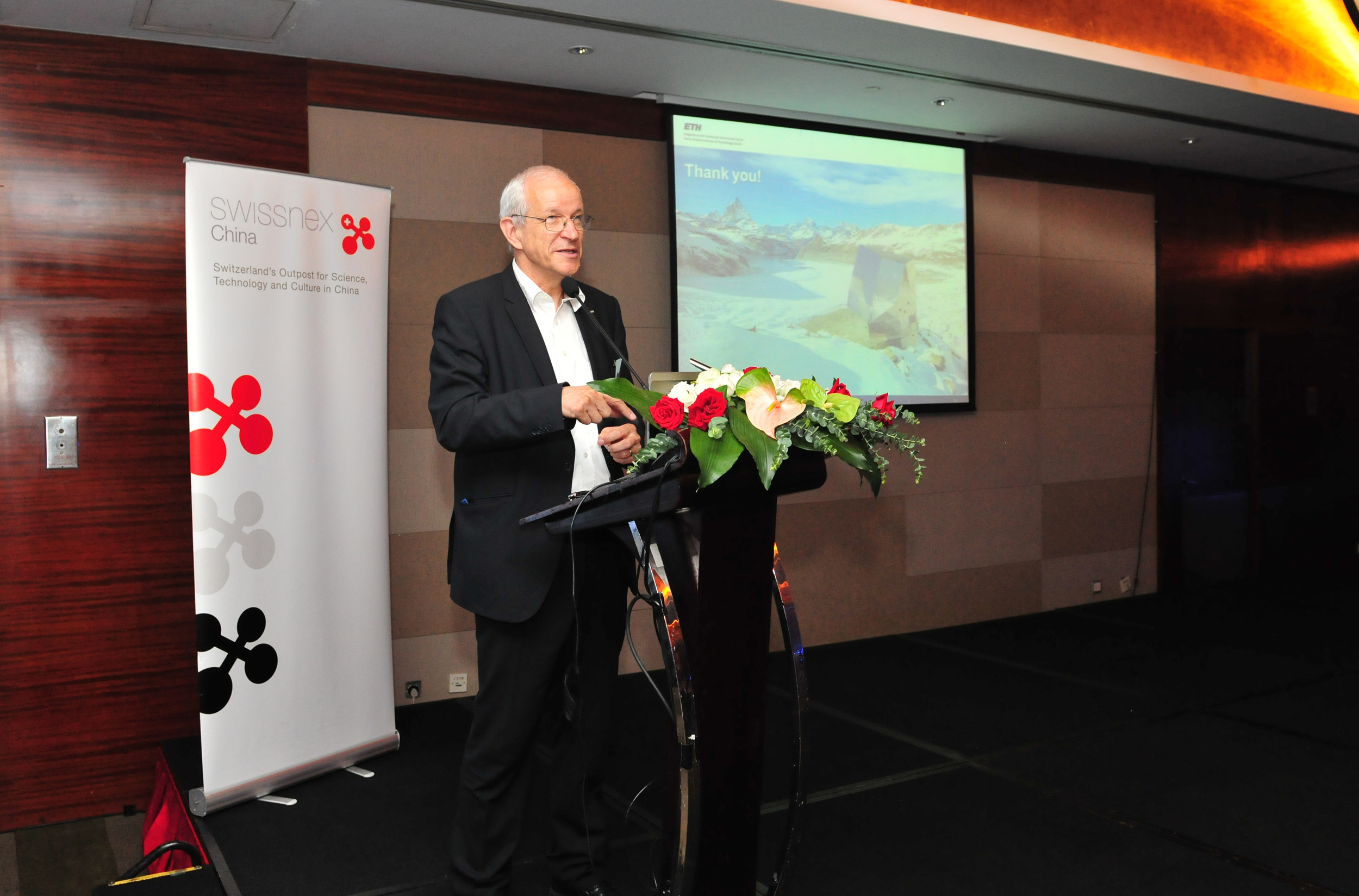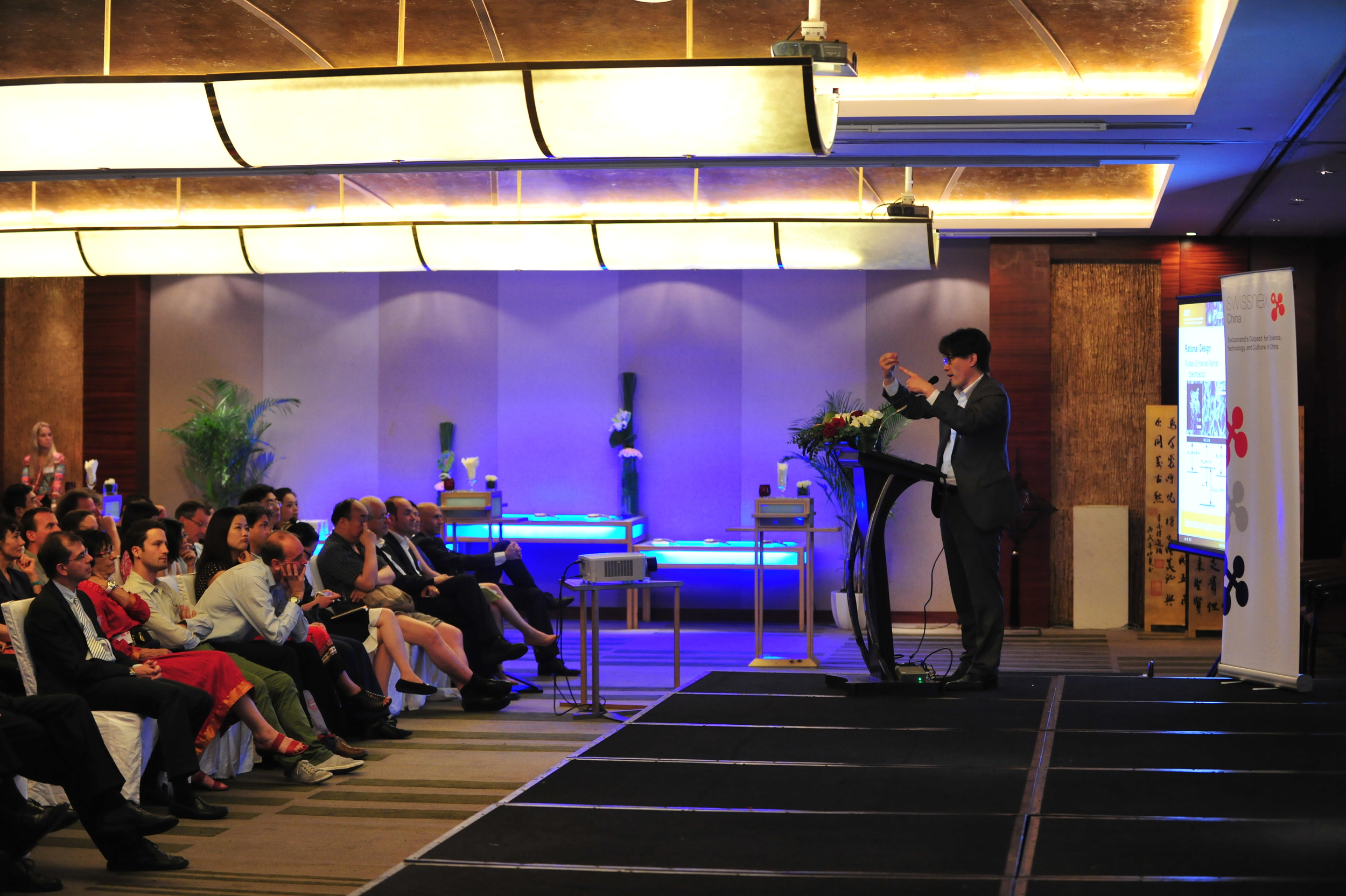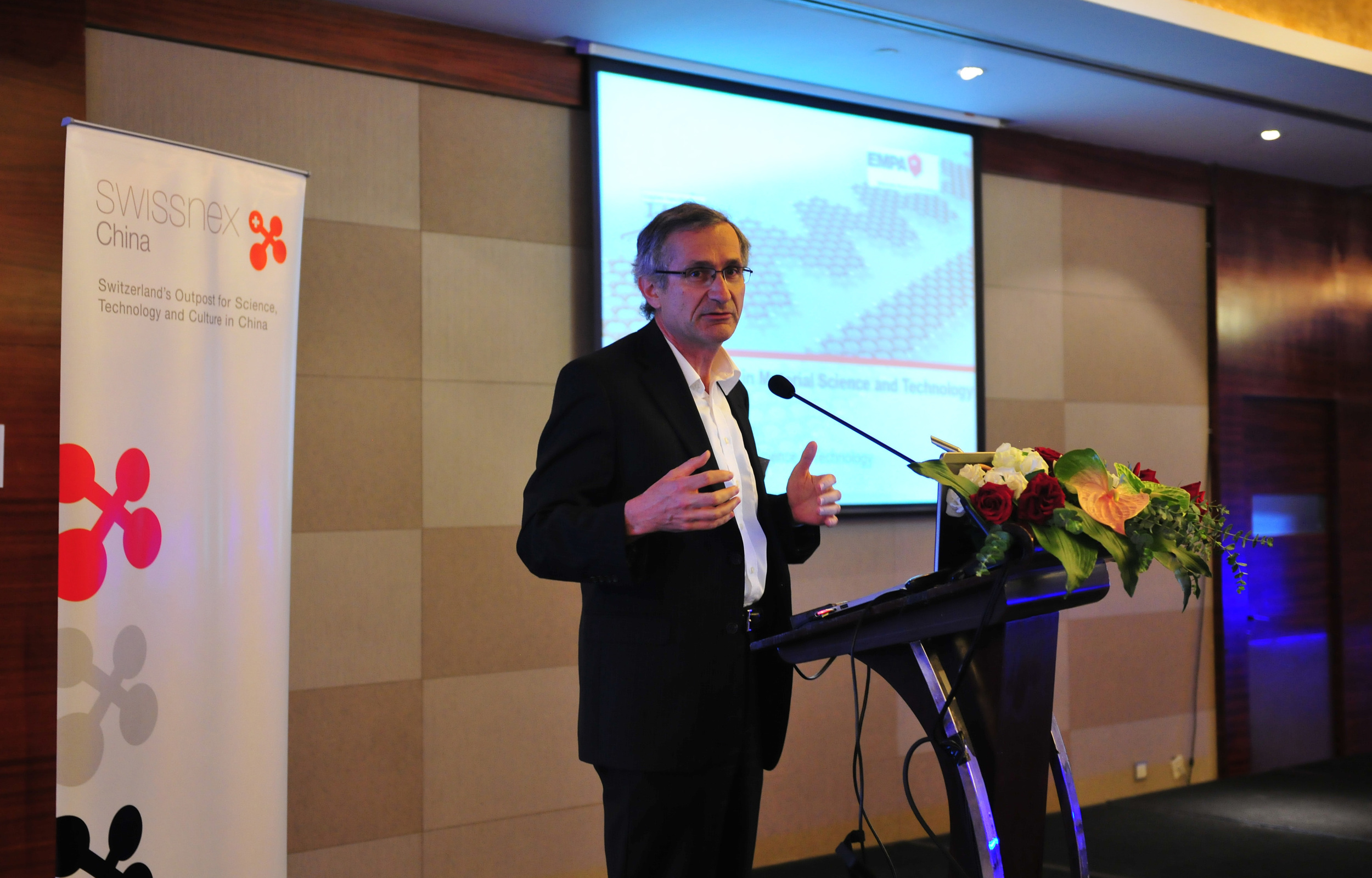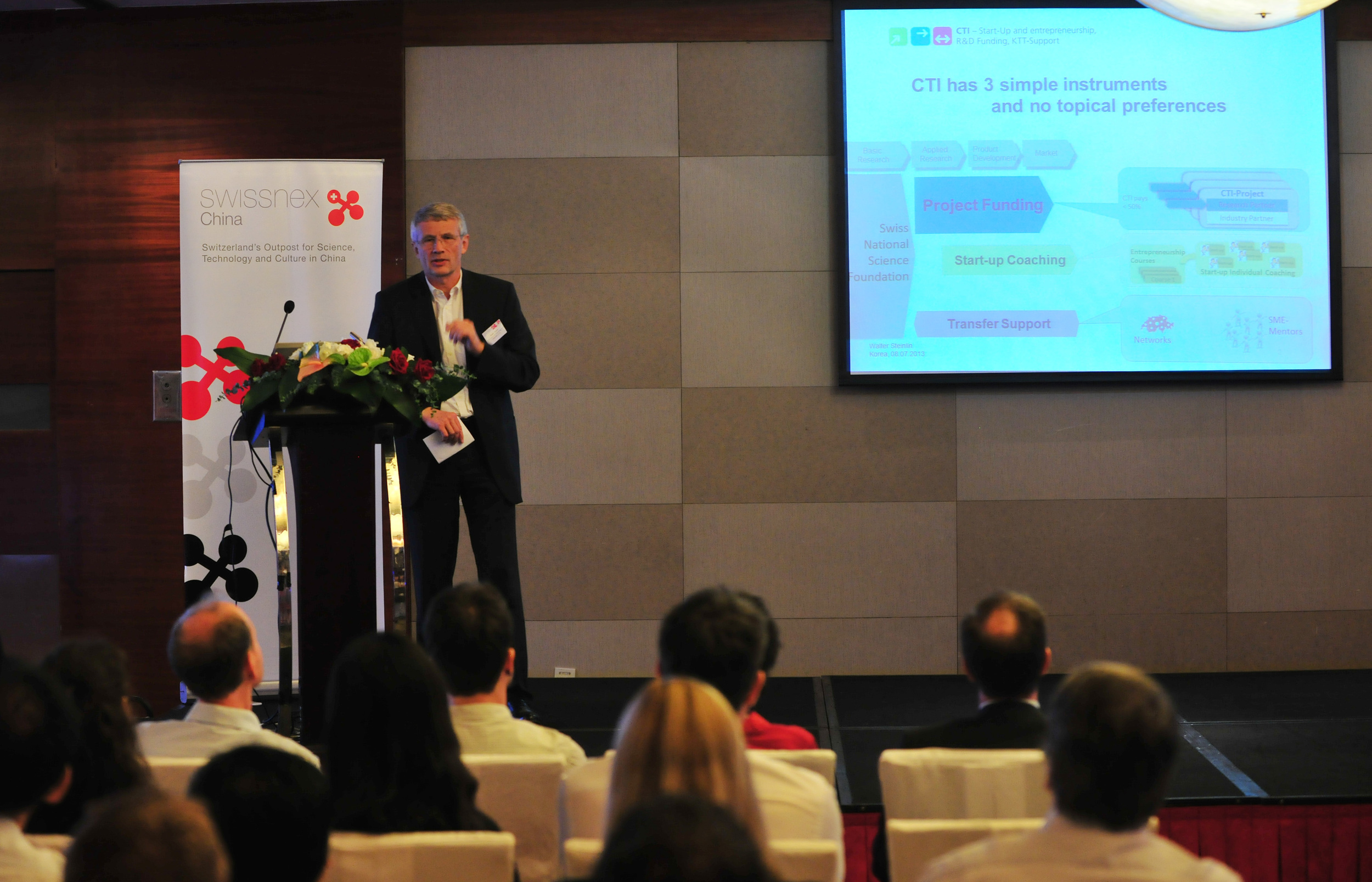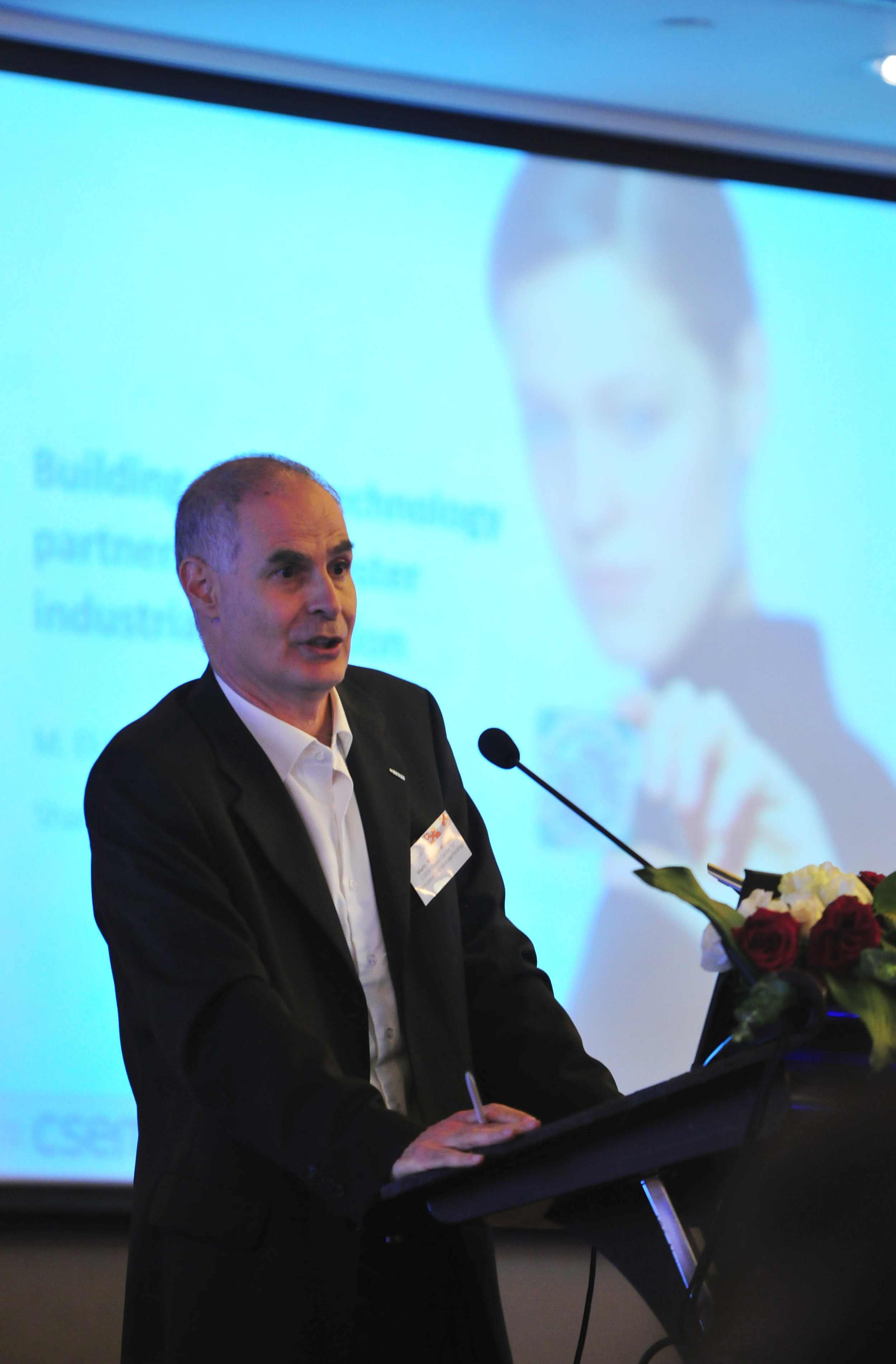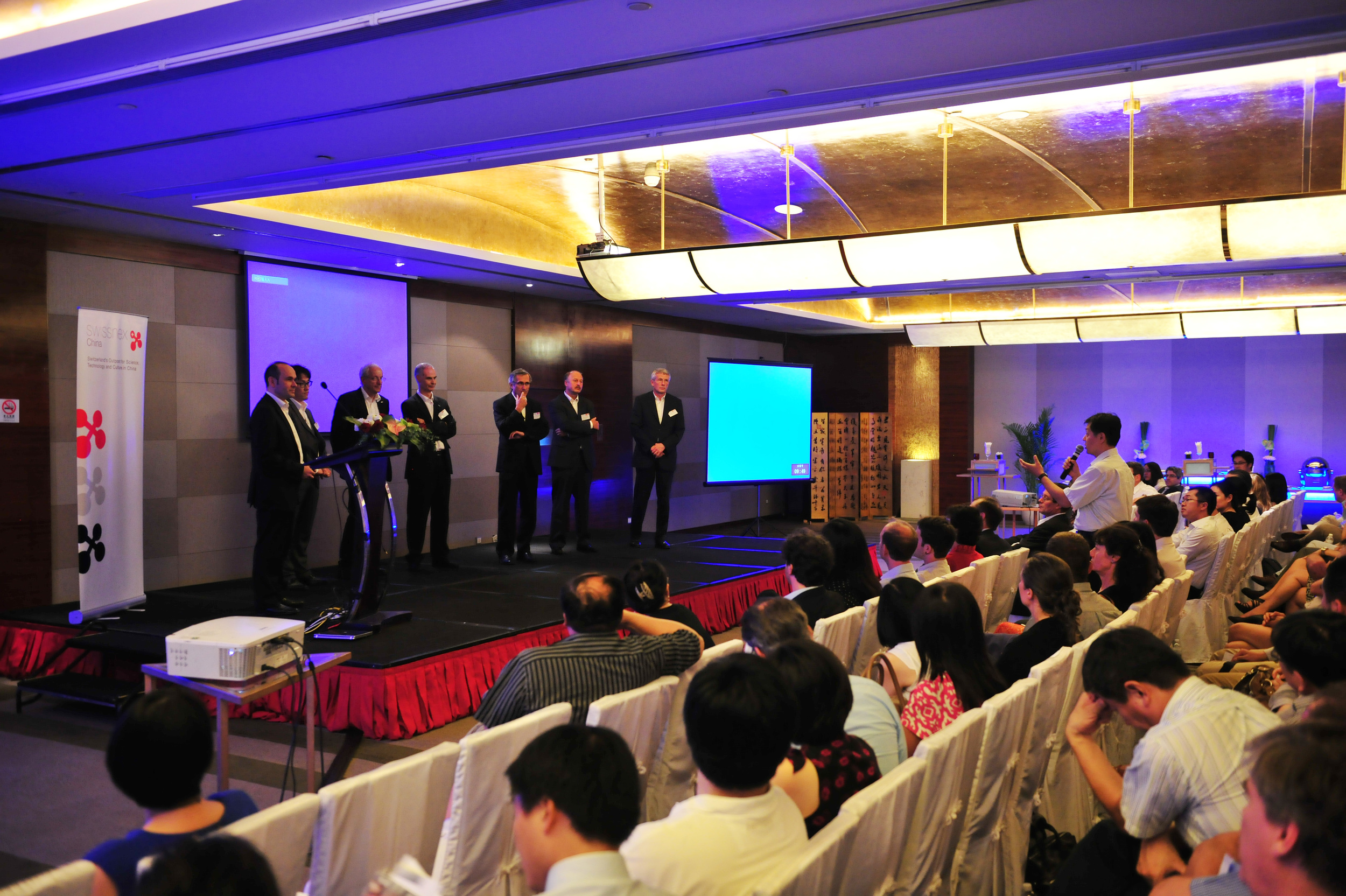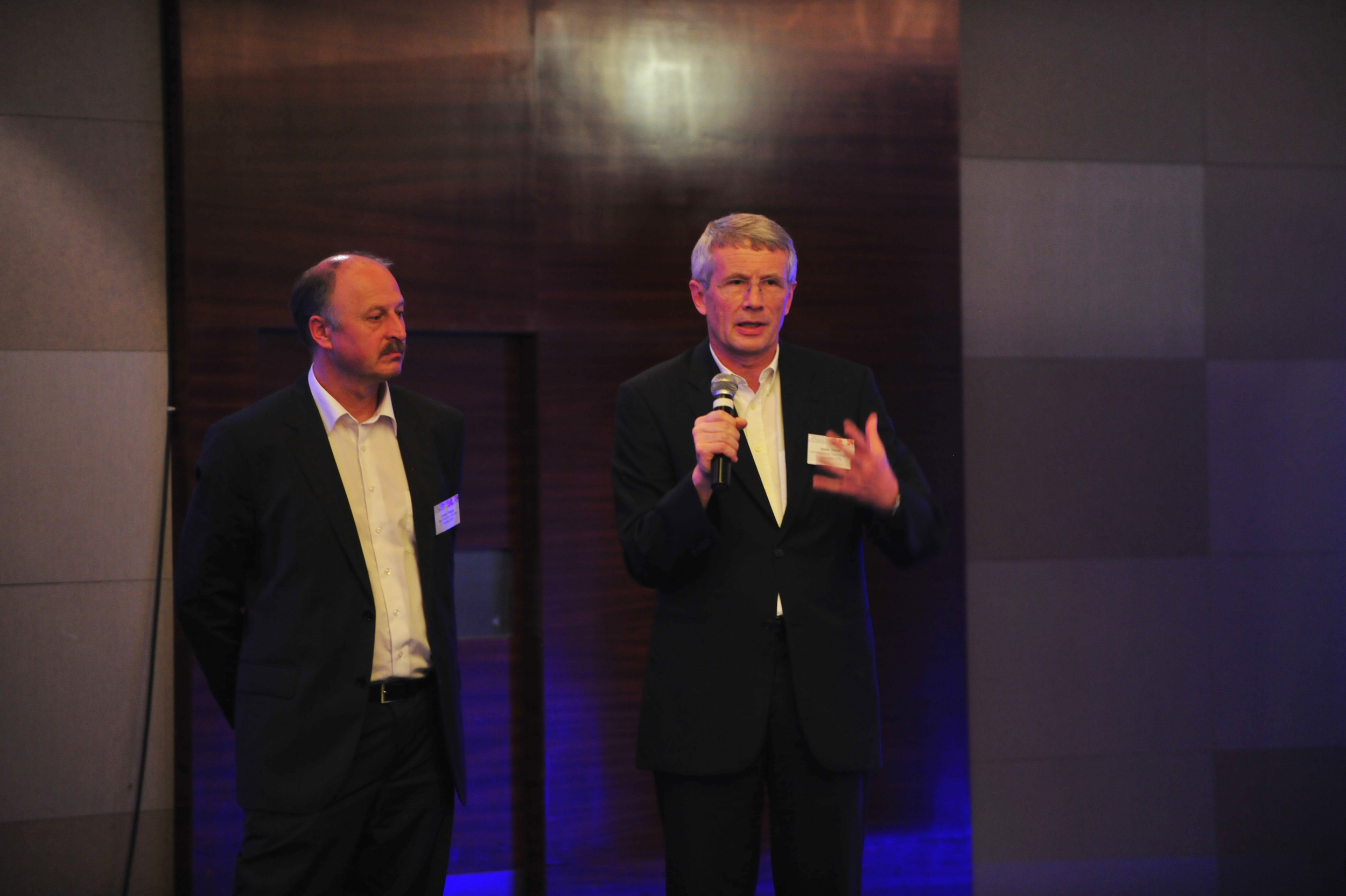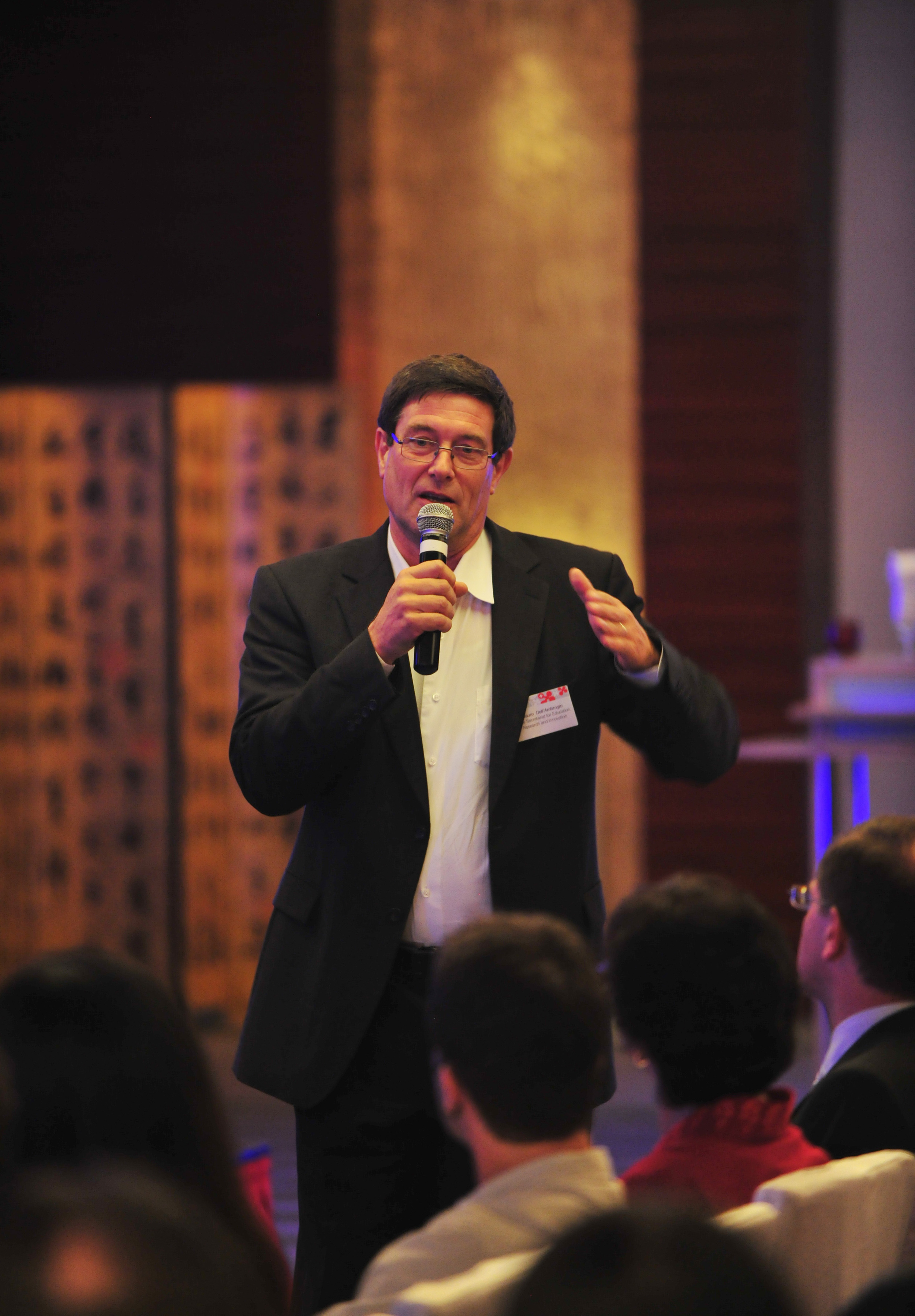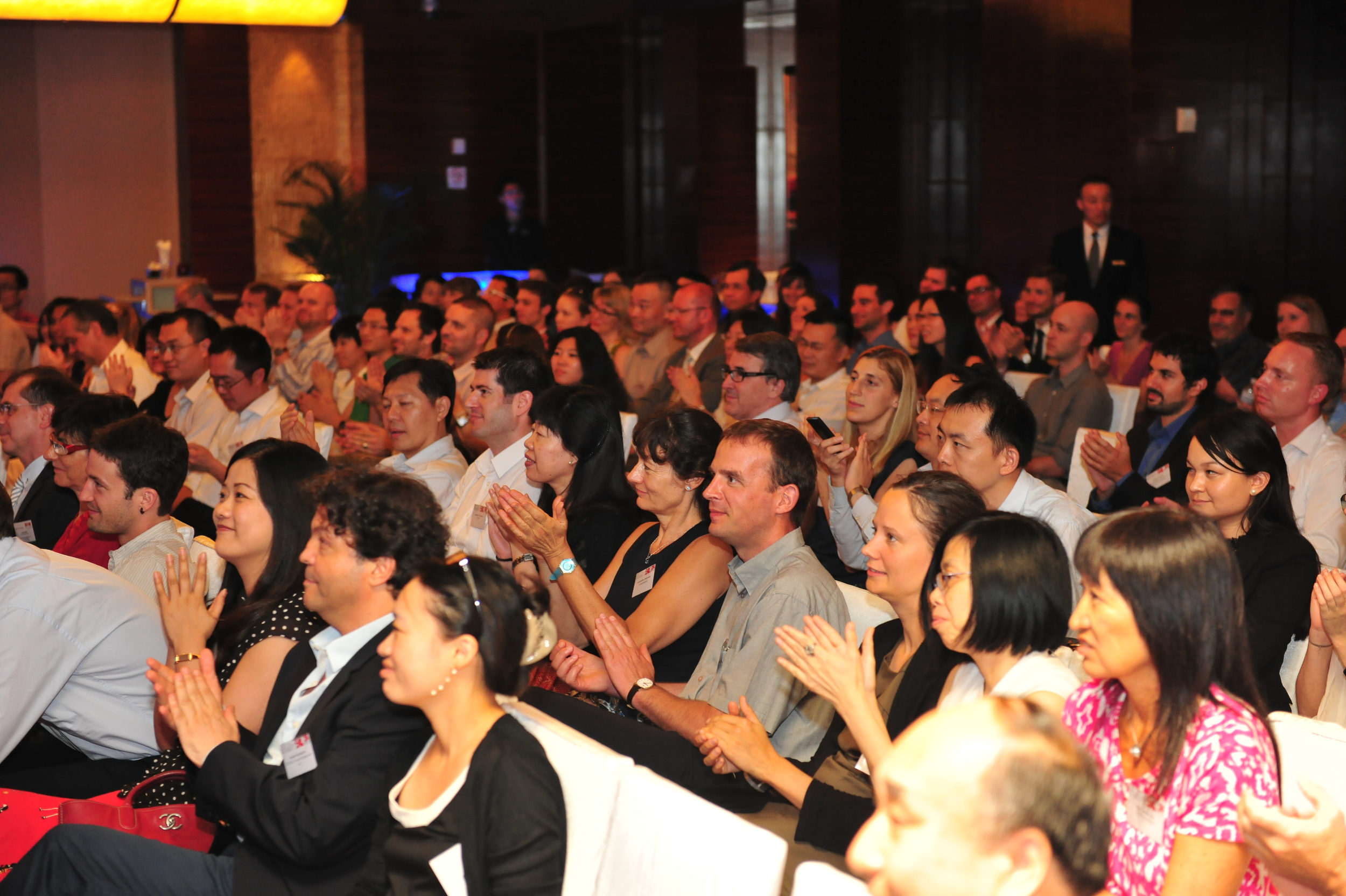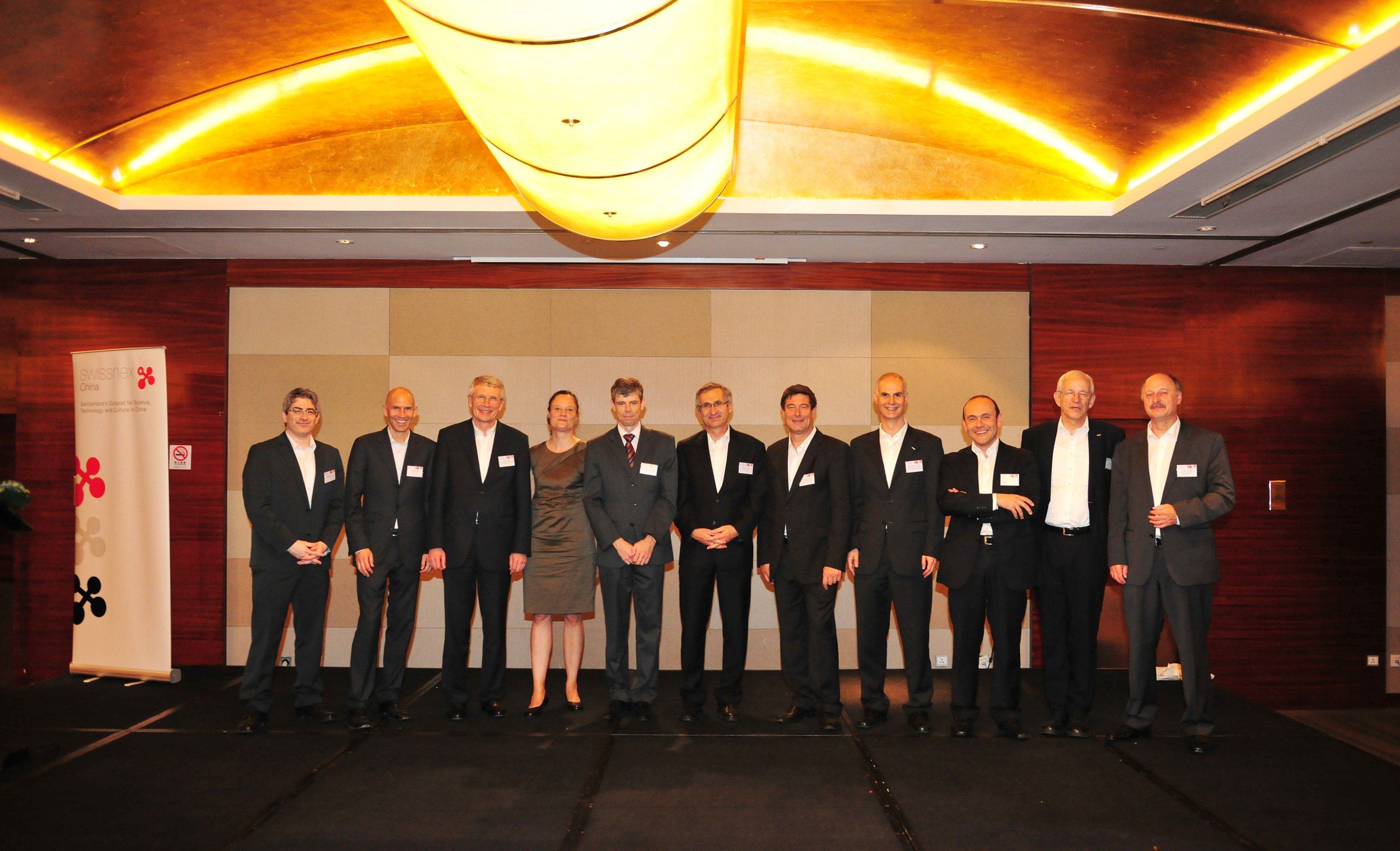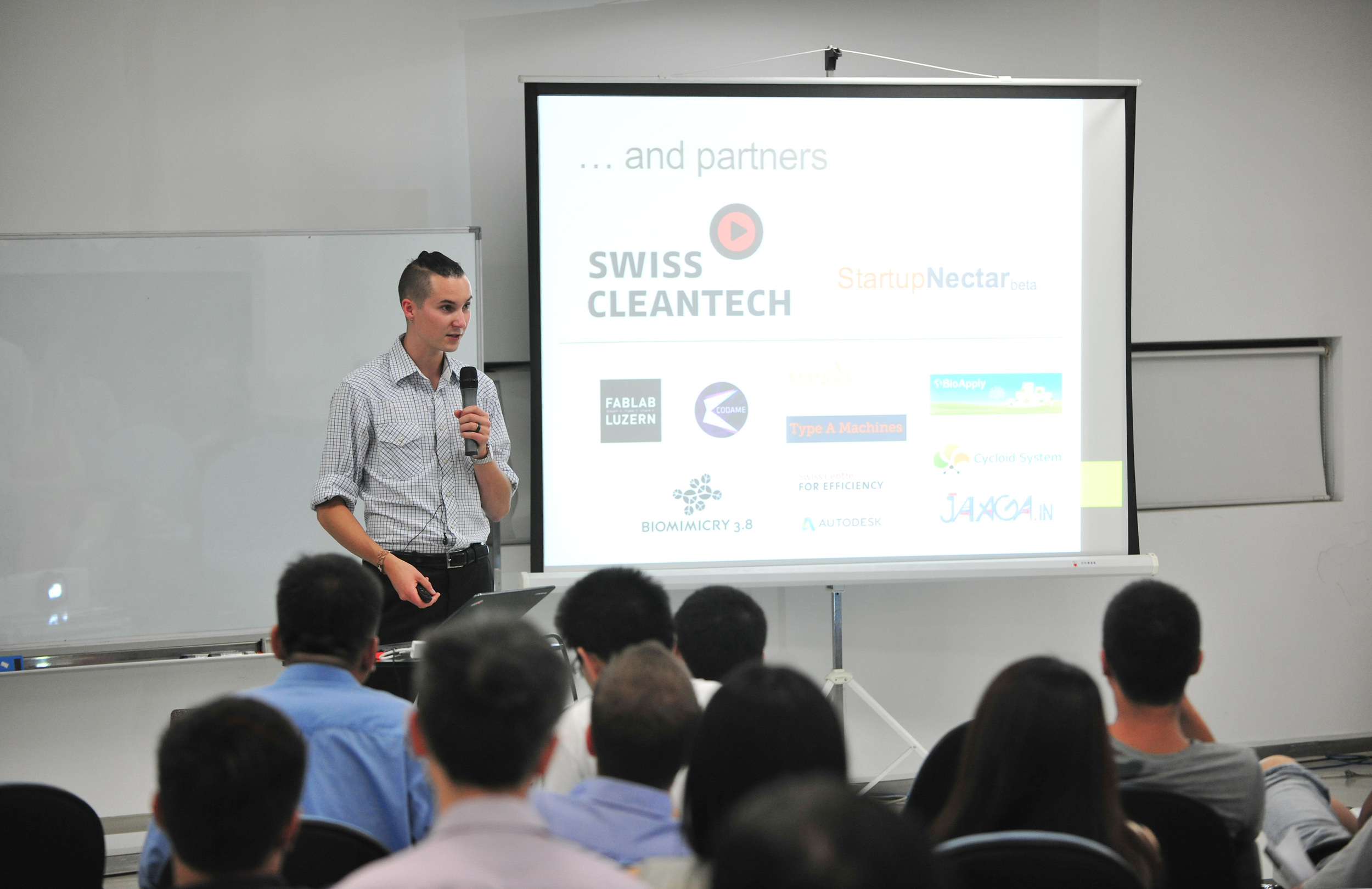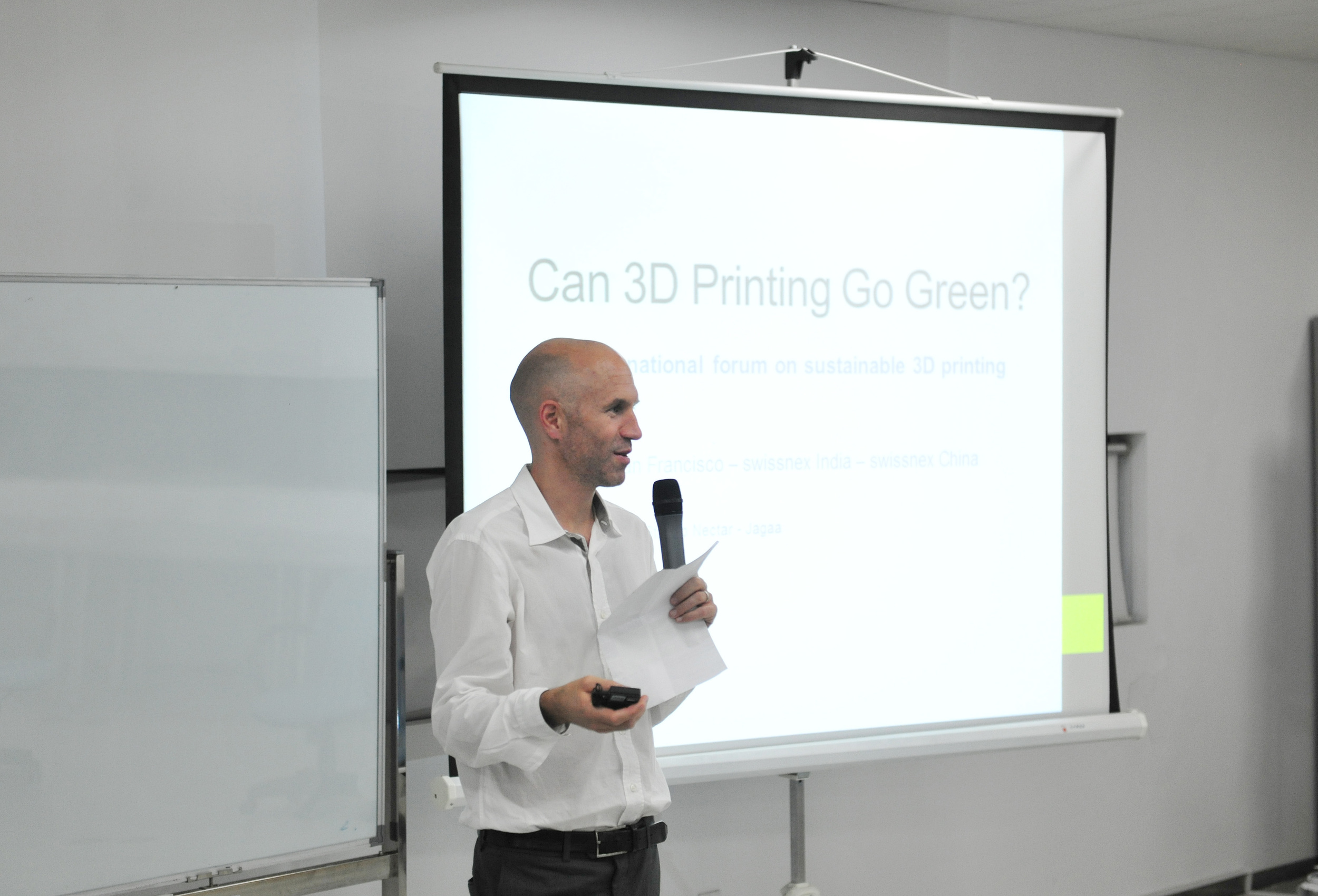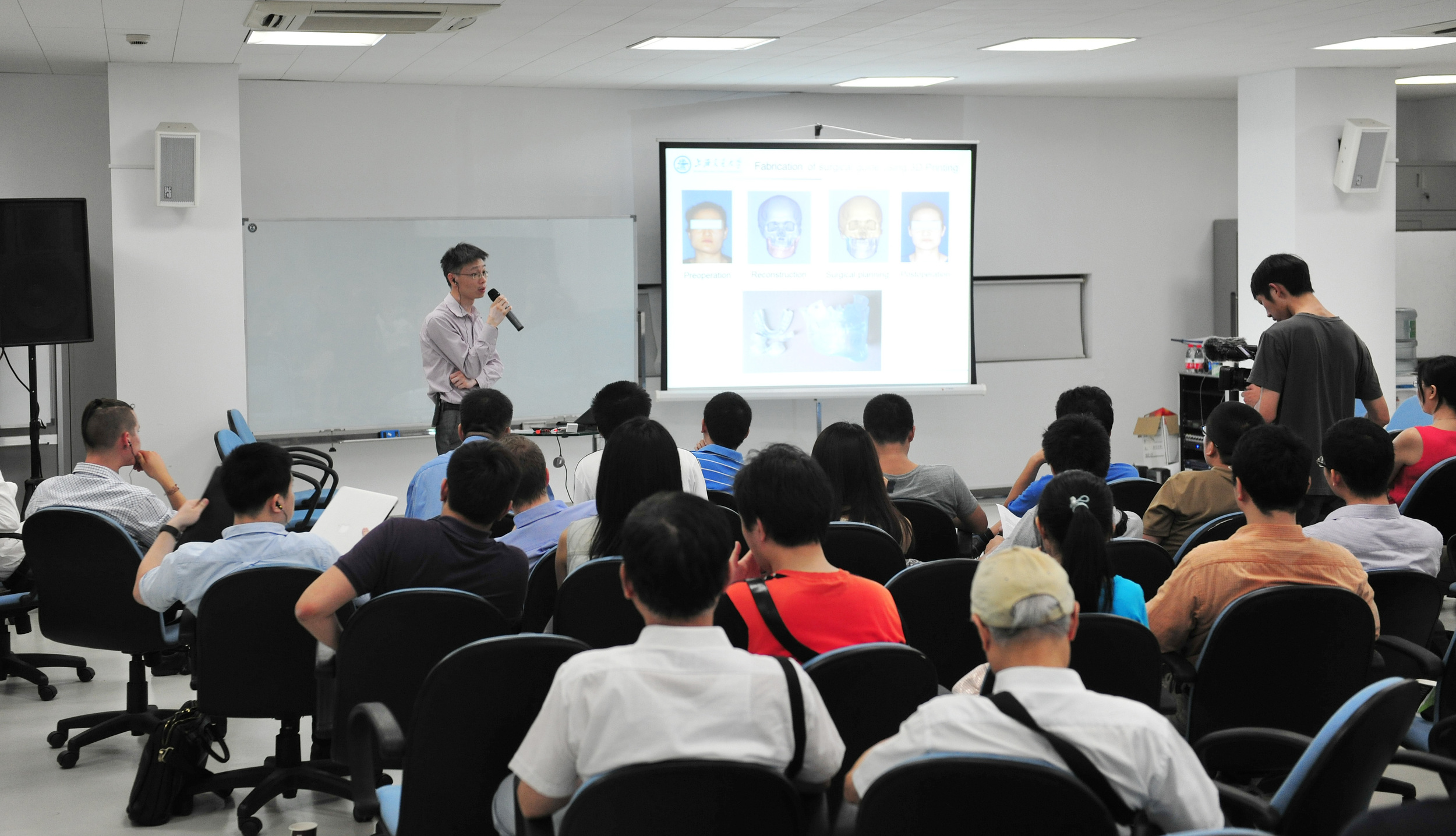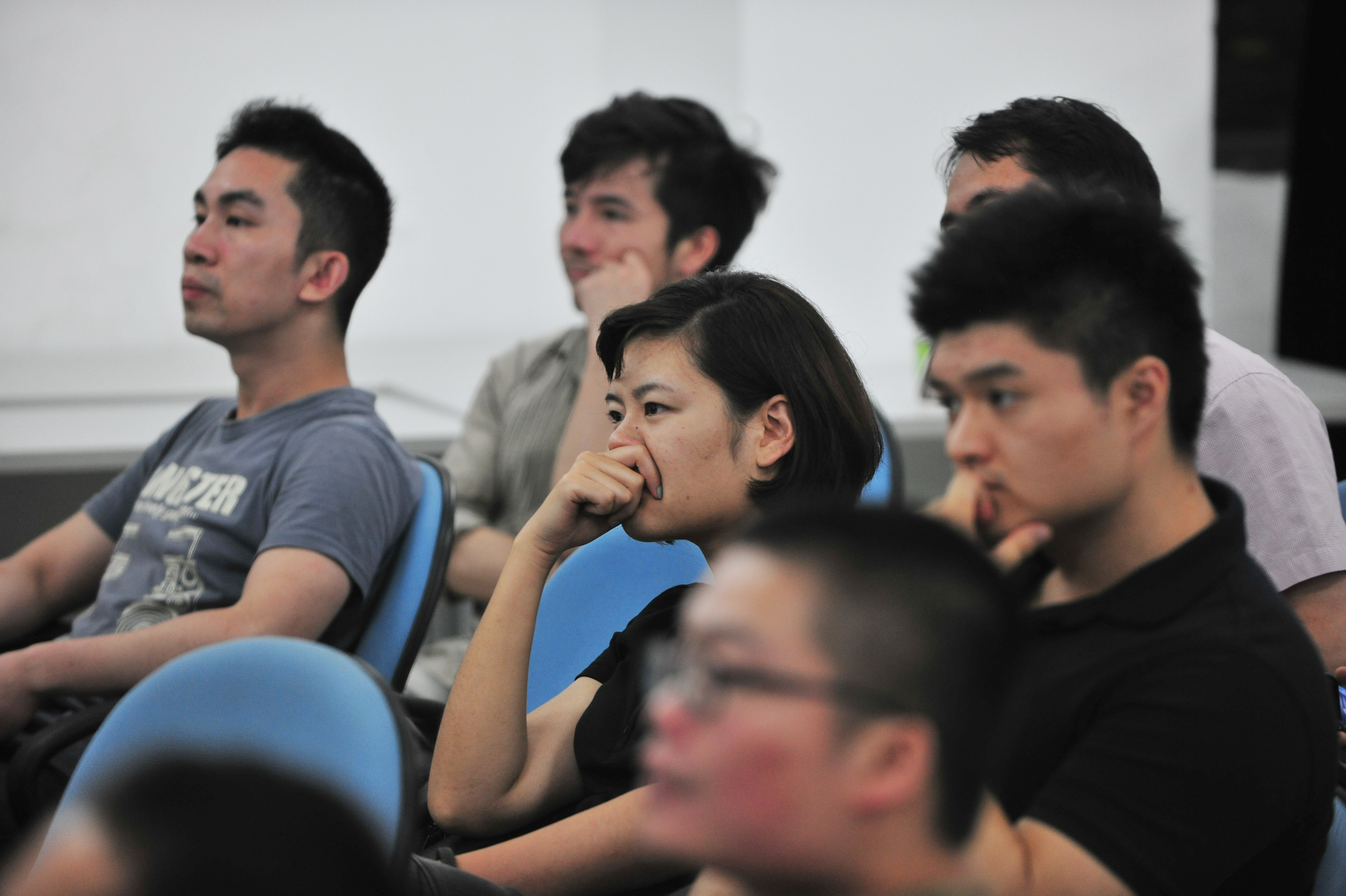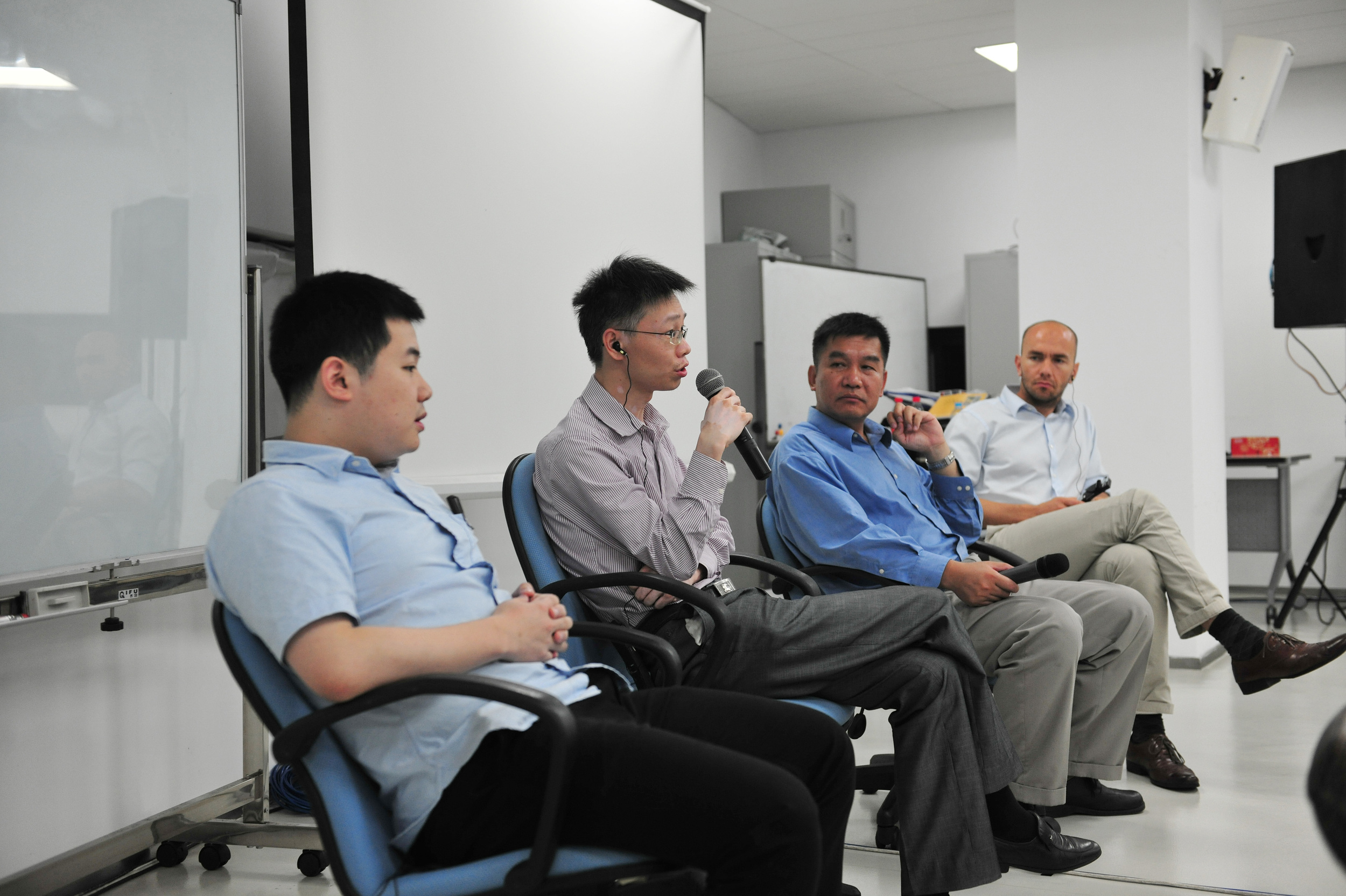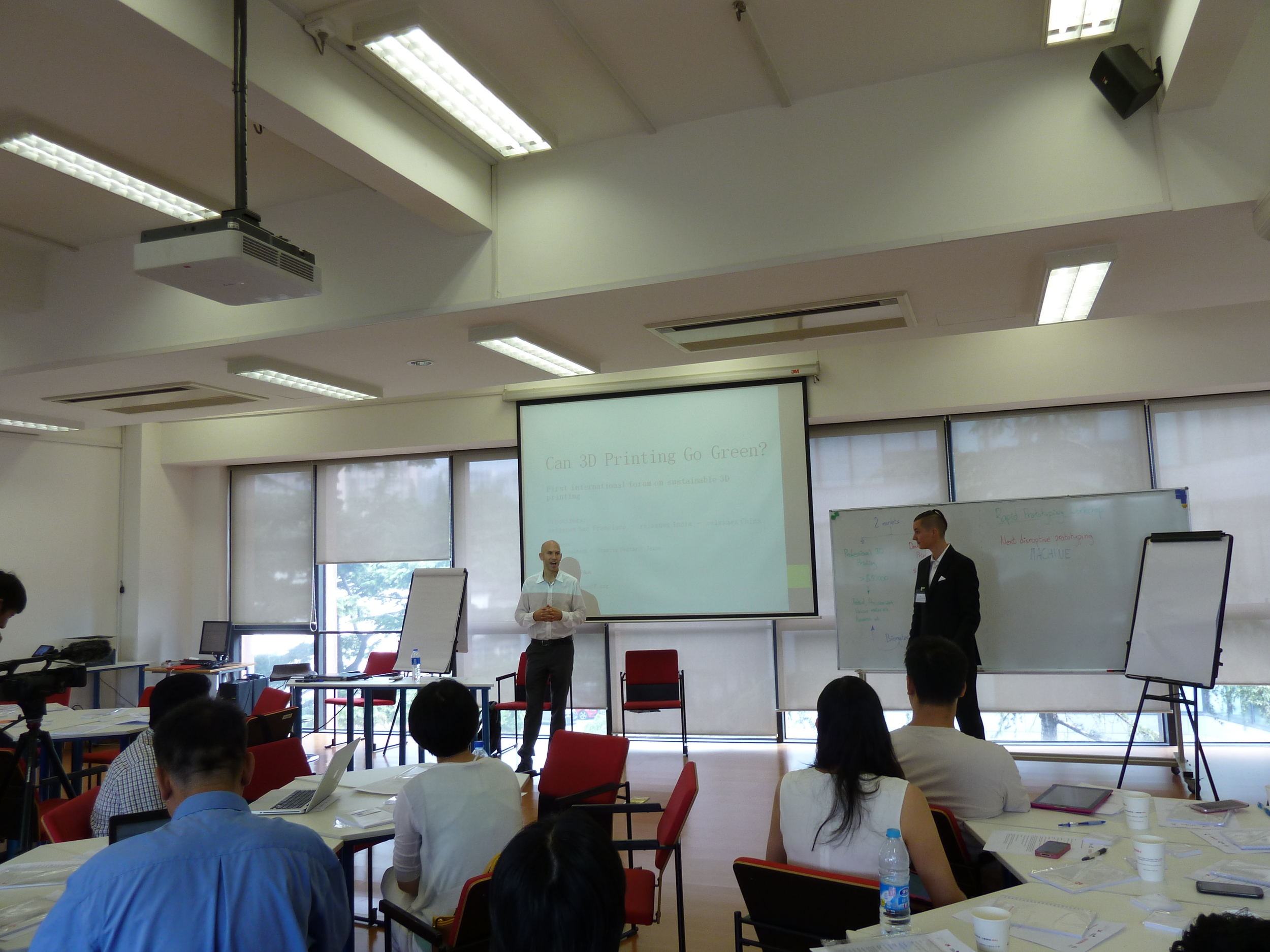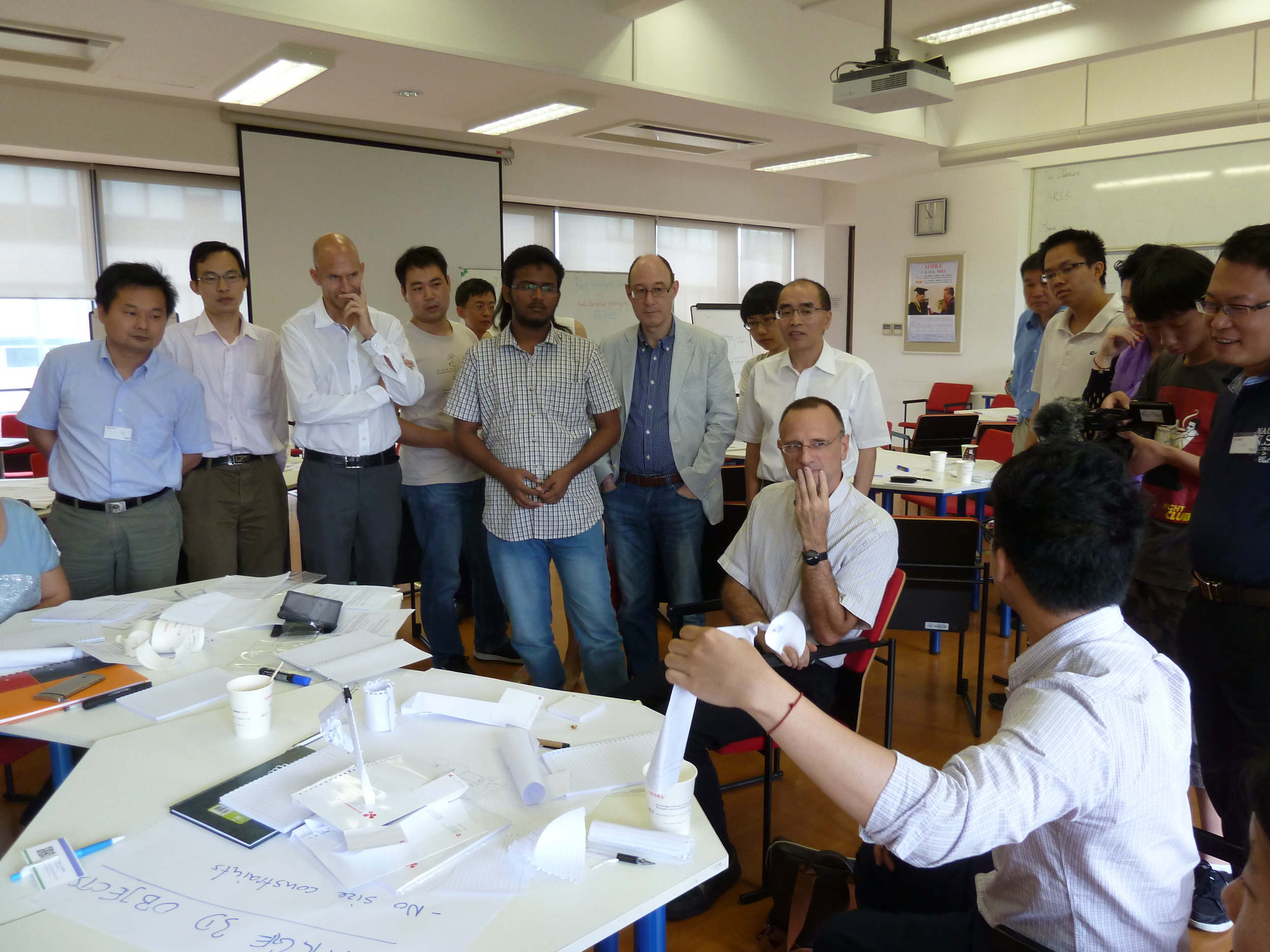Introduction
Business incubators are designed to support start-ups through the early stage of the development. They provide the start-up companies with nearly all-aspect services such as hardware (space), funds, expertise, management, etc. to improve their chances to survive and succeed. To this end, business incubators are crucial for the development of companies which are characterized by new technologies.
Figure 1 The output of business incubation practices in China (2012).
Business incubators have grown very fast in China during the past years. Figure 1 shows the corresponding data from the year of 2012. It can be seen that in total 1239 business incubators have been developed. Compared to the data in the year of 2000 (only 164), it is really a big step forward. Now these incubators support around 70,000 enterprises, which have about 1.43 million employees and take up almost 43 million m2 building area. The sum of revenue achieved by these enterprises is up to 490 billion CNY. In China, most business incubators are developed directly by government or universities. They guide opportunities and new ideas not only for start-ups but also for large scale companies. In addition, the form of these incubators is becoming more and more diverse, and as a contrast their functions are moving toward high specialization. Although the scale of business incubators has been developed rapidly, it is still worth noting that most of these incubators locate at the eastern part of China, where many fast developing cities locate and the economic environment is still much better than the western parts. Therefore, the effect of radiation from these incubators to the whole country is relatively limited.
Tongji University Incubator
To gain an insight to the Chinese University Incubator, the Tongji Unversity Incubator based in Shanghai area is taken as an example.
Tongji University, located in Shanghai, is one of the oldest and most prestigious universities in China. Among its various departments, it is especially highly ranked in engineering science. The architecture, urban planning and civil engineering departments have consistently ranked first in China for decades. The automotive engineering, oceanography, environmental science, software engineering and German language departments are also ones of the best domestically. Tongji University is not only famous for its achievements in scientific research, but also is recognized highly by its contribution to the social economy. For example, cooperating with the Shanghai government, it has developed the knowledge and economy circle since the year of 2005, which is centered on the university. The output value created by the corresponding enterprises increases from the initial 3 billion CNY to about 18 billion CNY in 2011. Tongji University plays an important role in the knowledge innovation and industry upgrading during the past years.
Shanghai Tongji Science and Technology Incubator Ltd. was founded in December of 2003 with a registered capital of 8 million CNY. It now locates in the Chifeng Road South Campus of Tongji University, having more than 700 registered companies and around 20,000 m2 official area. As a business incubator, it not only supplies basic offices for the young enterprises but also supports these companies with government registration, financial support and consulting services on taxation, science and technology, etc. During the past years, Tongji incubator has gradually established its professional incubator services platform and improved its existing enterprise services working mechanism, aiming to create the best environment for the incubation and growth of new companies. It has particularly put effort in supporting new entrepreneurships established by the graduated students. In addition, the internal management and control of the incubator is also becoming mature, which passed the Quality System Certification ISO90012008 in the April of 2010. It can be believed that in the future Tongji incubator will continue playing a significant role in technology transfer, supporting innovation and entrepreneurship and job creation.
Tongji incubator is open to all industry sectors. 37% of the tenant companies have their focus on modern design. This can be traced back to the strength of Tongji University in architecture and design. Electronics and Information Technology represents the second largest group, which is followed by advanced manufacturing, environmental protection, and renewable energy & energy saving.
Figure 2: Industry sectors of the tenant companies in Tongji Incubator (source: Tongji incubator)
Tongji incubator offers the start-up companies various supports. The rent for the office area is between 1~2 CNY/ m2 / day, which is less than half of the regular rent fee. The tenant companies can have 100% tax refund on the regional level. The incubator team organizes pitching and networking events between the start-ups and VCs quarterly. The incubator also provides marketing and HR service for its start-ups companies. It presents at various expos and networking events, offers free ads for its start-ups, and recruits talents for the start-ups. The financial office of the incubator is not only responsible for the financial issues of the incubator but also serves the start-ups, which does not have the capacity to deal with their own financial issues. Besides, supports for pitching preparation and IP application can also be received from the Tongji incubator. It can be seen from Figure 3 that the number of approved patents has been increasing over the years that the success rate for patent application has also been increased.
Figure 3: Number of patents applied and approved betweeb 2008 and 2011 (source: Tongji incubator)
There are even more polices to attract talent: Interns hired by the start-ups in Tongji incubator will be paid by the local government. High talents (e.g. returnees with own patents) who would like to start businesses in Tongji incubator can receive a compensation for private housing.
Normal incubation time duration is about 3 years. Before entering the incubation, the entrepreneur teams are training intensively to prepare for the pitch. The pitch is mainly attended by the VCs and industrial experts. The teams that pass the selection process could enter the incubator. The college students and graduates from Tongji a fund between CNY 200-500k can be granted by the incubator. This grant can be obtained in forms of debt with zero interest rate or as equity of the incubator limited for 2-3 years.
One third of the start-ups graduated from the incubator successfully according to the speaker of Tongji incubator. After leaving the incubator the companies can move to the accelerator in the Tongji Science and Technology Park, where more places are available and normal polies are applied.
Success story - Techase
Shanghai Techase Environment Protection Co.,Ltd was founded in 2008 by Wenbiao Zhang, right after his graduation from Environmental Engineering Department of Tongji University. Zhang and his team fortunately received 150,000 CNY investments from the Shanghai Students Technology Entrepreneurship Foundation in the same year to establish their own company. Techase is focusing on the development and manufacturing of water treatment equipment, the sludge disposal treatment and recycling, and the environmental engineering services.
To start a new enterprise is not an easy task. At the beginning of the entrepreneurship, Zhang and his teams did not have enough employees so they normally worked more than 12 hours a day to get familiar with the market and also to learn the operation of the equipment. In order to exhibit their services and techniques, Zhang and his team even tried to do the experiments for the market for free. The first order they received is 77,000 CNY, which greatly encouraged their enthusiasm. By the end of the year 2010, Zhang and his team had received more than 20 orders, which supported them to make the first round of finance of about 5.6 million CNY. After five years of development, Zhang made his second round of finance at the beginning of 2013 in about 30 million CNY. He promised to his team members that the company will achieve an output value of 0.1 billion CNY this year, and will appear on the market by the year of 2016.
Considering the successful performances of Techase, Zhang said once that he really appreciates the founder of his company, Tongji incubator. As people recognize, there are many difficulties for graduated students to establish their new enterprises. To this end, Tongji incubator supports in both finance and business experiences. For example, it decreases the rental for the office sites and also contributes with free investment. In this way, Tongji incubator helps decreasing the burden on the young companies, creating favorable environment for their rapid growth.





